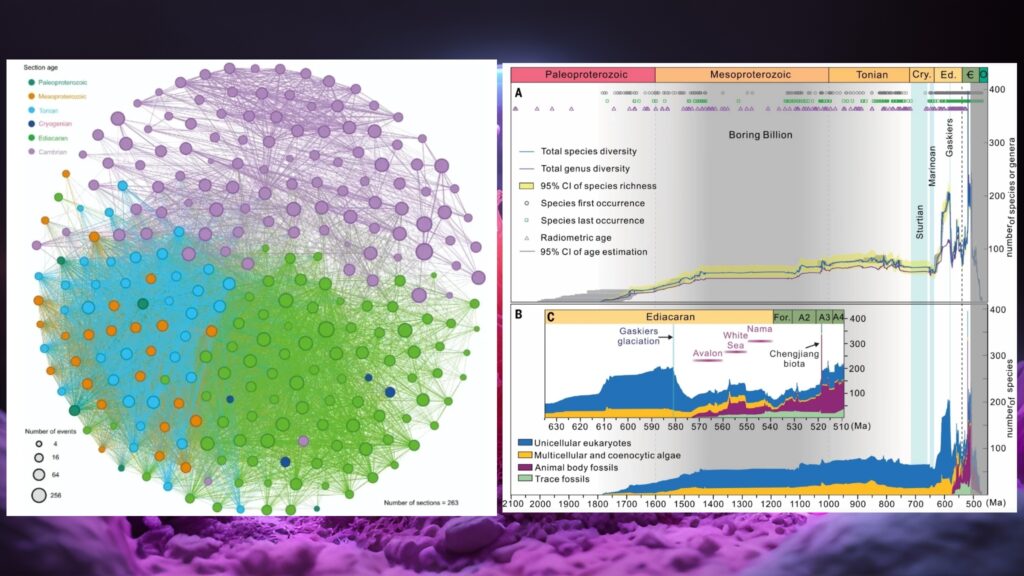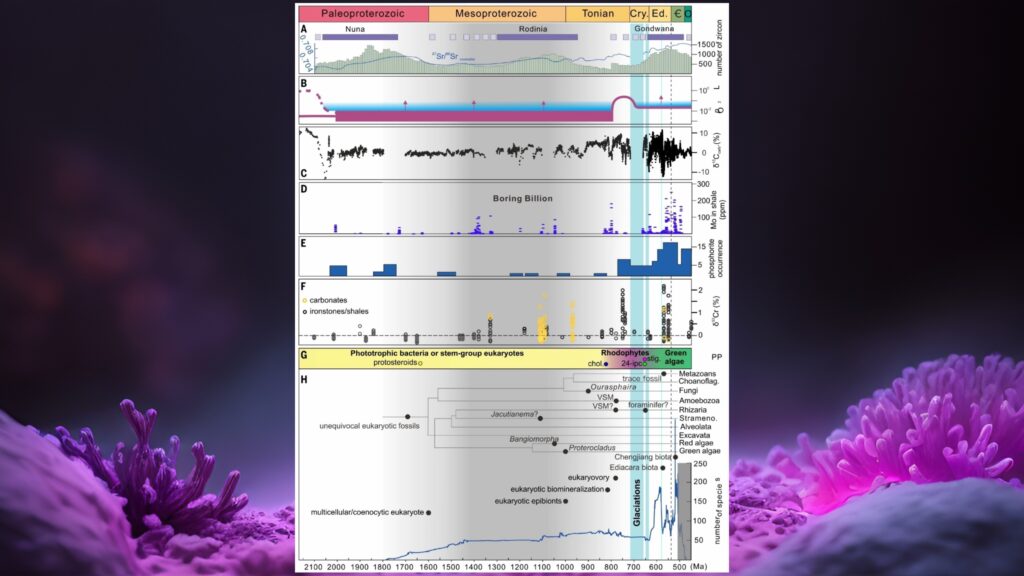Using AI and big data methods, an international team led by the Nanjing Research Institute of Geology and Paleontology of the Chinese Academy of Sciences has for the first time demonstrated with high accuracy the 1.5 billion-year evolutionary history of complex life on Earth. So what exactly does this mean? Here are the details
AI reveals 1.5 billion years of evolution of complex life on Earth
In their study published in the journal Science on December 15, 2024, researchers analyzed the biological evolution process from the Proterozoic period (2 billion to 539 million years ago) to the Cambrian period. As a result of 6 years of data collection within the scope of the study, the world’s most comprehensive paleobiological database was created.

Using AI-powered analysis and supercomputers, the emergence, expansion and extinction of Earth’s first complex life forms were numerically mapped. The results reveal in detail how modern ecosystems evolved and the impacts of major biological crises in the past.
Here are the main findings of the study
- The first complex life forms: The first reliable fossil eukaryotes (organisms with nucleated cells) appeared 1.7 billion years ago. These species initially showed a low but stable diversity.
- The “Snow Globe Earth” event: A global ice age about 720 million years ago paused the evolution of eukaryotes. At the end of this period, however, the diversity of eukaryotes increased rapidly and a major biological expansion took place 635-580 million years ago.
- Great extinctions: 580 million years ago, most eukaryotes disappeared. Then the Ediacara period (551-539 million years ago) saw the first major evolutionary expansion of animals. However, two major extinctions were also recorded during this period.
- Environmental influences: The study showed that abrupt changes in surface temperatures and atmospheric oxygen levels played an important role in the evolution of life.

In addition to understanding past biological crises, the research is said to guide the search for extraterrestrial life. The effects of extreme climatic conditions on life will also be an important model for assessing the potential impact of future environmental changes on humanity.
In short, judging by the results obtained with the help of AI, we can say that the evolution of life from simple to complex is not linear, but rather a journey full of crises. You can click here to see the full study published in Science. What do you think about this? You can share your opinions in the comments section below…













